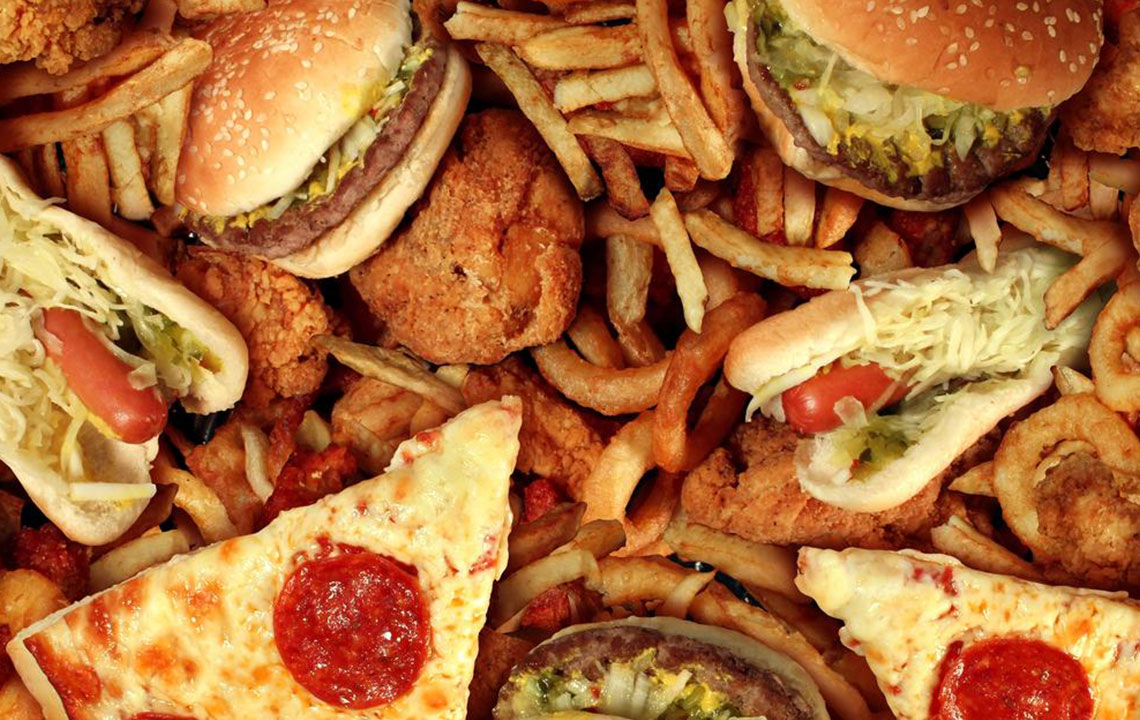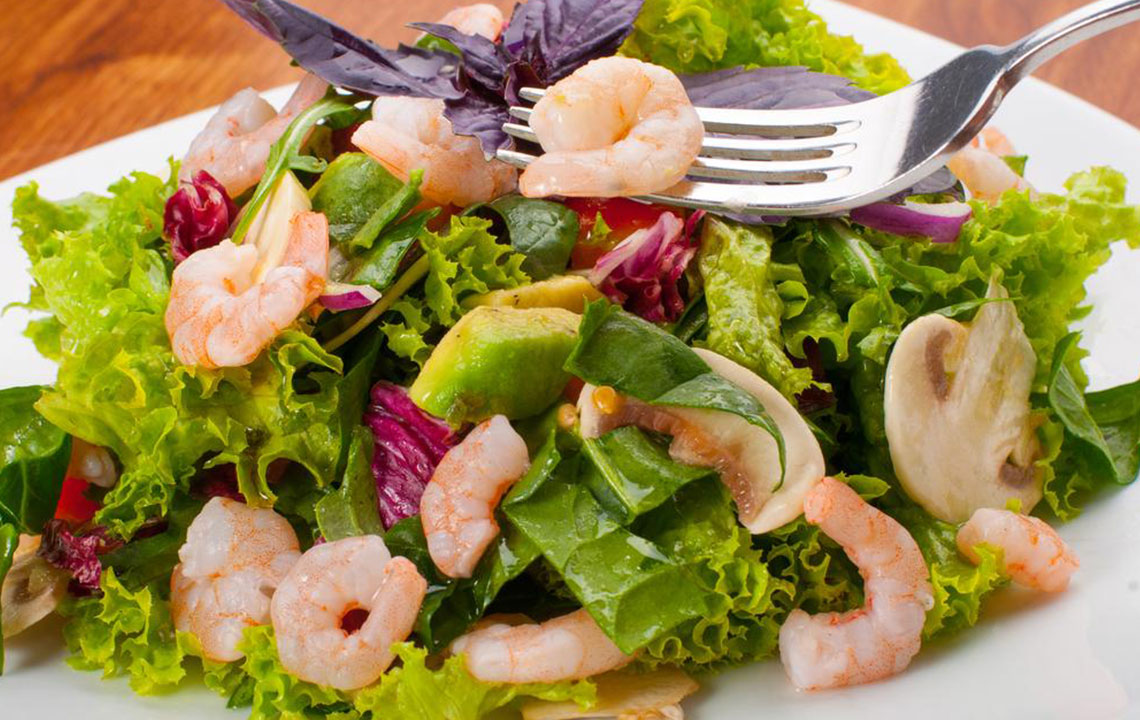Managing Acid Reflux: Dietary Tips and Foods to Avoid
Learn effective dietary strategies to manage acid reflux, including foods to incorporate and avoid. This guide covers causes, symptoms, lifestyle tips, and natural relief methods to help reduce discomfort and prevent frequent attacks. Proper diet and habits play a crucial role in controlling GERD symptoms and improving quality of life.

Guidance on Foods for Controlling Acid Reflux
Acid reflux manifests as a burning sensation often felt in the chest area. If you're seeking effective ways to manage this condition, understanding which foods to consume and avoid is essential. This article sheds light on acid reflux, its underlying causes, and dietary strategies to alleviate symptoms and prevent flare-ups.
Understanding Acid Reflux
The lower esophageal sphincter (LES) is a muscular ring at the stomach entrance.
Its normal function is to close after food passes into the stomach.
If it malfunctions or stays open, stomach acid can flow up into the esophagus, causing discomfort.
Occasional episodes are common, but frequent reflux (more than twice weekly) indicates gastroesophageal reflux disease (GERD) requiring dietary management.
Contributing Factors
Stomach issues: Conditions like hiatal hernia can cause acid reflux by allowing stomach acid to escape into the esophagus.
Asthma: During asthma attacks, chest pressure and inhaler use can trigger reflux episodes.
Overeating: Large meals increase pressure on the stomach and can exacerbate reflux symptoms.
Proper diet can help control symptoms. Pregnant women often experience heartburn due to hormonal changes, which typically subsides after delivery. Obesity also contributes to increased stomach pressure, worsening reflux. Certain foods such as citrus, vinegar, garlic, spicy dishes, caffeine, alcohol, and smoking can intensify symptoms by inflaming the esophagus and weakening the LES. Adopting healthier lifestyle habits, like exercising and quitting smoking, can significantly reduce reflux episodes.
Natural Relief from Acid Reflux
Eat smaller, frequent meals: Large meals can cause acid to escape into the esophagus. Eat five to six small meals daily.
Post-meal practices: Remain upright after eating. Avoid lying down for at least three hours after meals and elevate your head when sleeping.
Dietary adjustments: Avoid trigger foods and include reflux-friendly options such as vegetables, lean meats, and non-citrus fruits.
Weight management: Losing excess weight helps reduce pressure on the stomach.
Quit smoking: Smoking decreases bicarbonate levels and relaxes the LES, worsening reflux.
Foods to Support Acid Reflux Relief
Vegetables
Non-citrus fruits
Ginger
Oatmeal
Lean meats
Egg whites
Bananas
Melons
Seafood
Foods and Drinks to Limit or Avoid
High-fat foods
Tomatoes and citrus
Caffeinated beverages
Mint and chocolate
Carbonated drinks
Alcoholic beverages
Spicy dishes
Garlic and onions
Menthol products
Note:
Our website offers informative articles across multiple categories. While our research provides valuable insights, consult healthcare professionals for personalized advice. The content should not replace professional medical guidance. We cannot guarantee the accuracy of all data, and some offers or information may vary.










